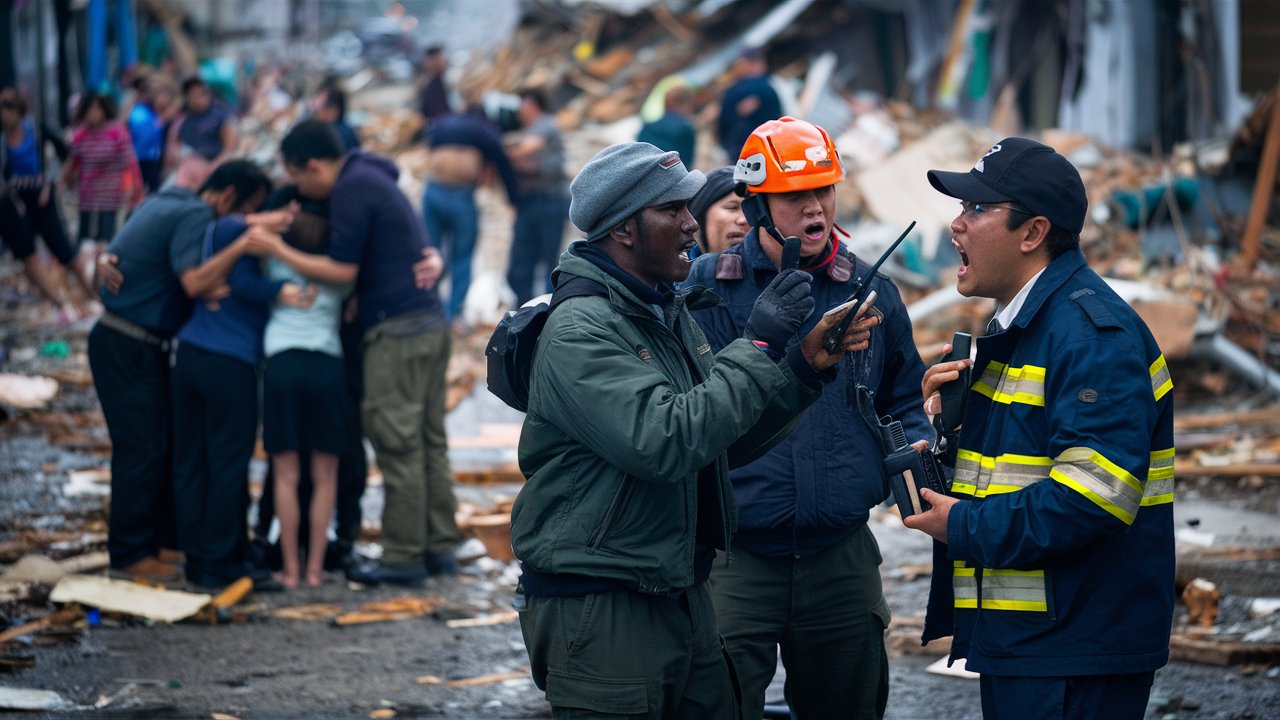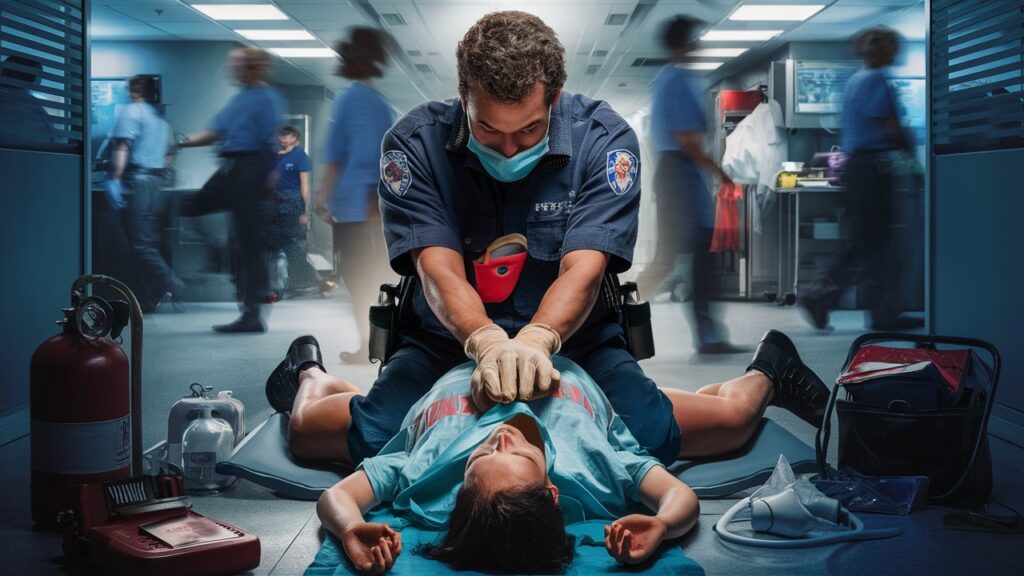In the fast-paced environment of healthcare, being prepared for emergencies is paramount. Nurses, as frontline caregivers, require access to the right equipment to respond effectively to critical situations. This article aims to provide a detailed overview of the essential emergency equipment nursing professionals should have at their disposal. From basic necessities to specialized tools, we’ll explore how proper equipment can make a difference in patient outcomes.

Emergency Equipment Nursing: A Lifesaving Arsenal
Understanding the Basics
In emergencies, time is of the essence. Basic supplies form the foundation of any nursing emergency response kit. These include:
- Gloves: Protection against contamination and bodily fluids.
- Masks: Preventing the spread of infections, particularly airborne diseases.
- Gauze and Bandages: Essential for wound care and controlling bleeding.
- Scissors and Tweezers: Facilitating wound assessment and minor procedures.
Advanced Life Support Gear
For situations requiring more intensive intervention, advanced equipment is indispensable. This includes:
- Defibrillator: Vital for restoring normal heart rhythm in cardiac emergencies.
- Oxygen Supplies: Crucial for patients experiencing respiratory distress.
- IV Access Kits: Facilitating rapid administration of medications and fluids.
- Portable Ventilator: Assisting patients with compromised breathing.
Diagnostic Tools
Accurate assessment is key in emergencies. Diagnostic equipment aids in rapid evaluation and includes:
- Blood Pressure Cuff: Monitoring vital signs and assessing cardiovascular health.
- Pulse Oximeter: Measuring oxygen saturation levels in the blood.
- Glucometer: Essential for assessing blood glucose levels in diabetic emergencies.
- Thermometer: Monitoring body temperature for signs of infection or hyperthermia.

Mobility Aids
In emergencies, mobility is often limited, necessitating the use of assistive devices such as:
- Wheelchairs and Stretchers: Facilitating the safe transport of patients within healthcare facilities.
- Crutches and Walkers: Assisting patients with ambulation when injured or recovering.
Specialized Gear for Specific Emergencies
Certain situations require specialized equipment tailored to the nature of the emergency, including:
- Trauma Kits: Containing supplies for managing severe injuries, such as hemorrhage control and airway management.
- Burn Kits: Equipped with materials for initial burn care, including sterile dressings and burn gels.
- Neonatal Resuscitation Equipment: Essential for managing emergencies involving newborns, such as infant-sized masks and suction devices.
Ensuring Accessibility and Organization
Equally important as having the right equipment is ensuring its accessibility and organization. Key considerations include:
- Storage: Proper storage solutions, such as labeled bins and cabinets, ensure easy access to emergency supplies.
- Inventory Management: Regular audits and replenishment of supplies prevent shortages during critical moments.
- Training: Comprehensive training on equipment use and emergency protocols empowers nursing staff to respond effectively.
FAQs (Frequently Asked Questions)
What should be included in a basic emergency nursing kit? A basic emergency nursing kit should contain gloves, masks, gauze, bandages, scissors, tweezers, and basic diagnostic tools like a blood pressure cuff and thermometer.
Why is it important for nurses to have access to specialized emergency equipment? Specialized emergency equipment allows nurses to provide timely and appropriate care tailored to the specific needs of patients during critical situations, ultimately improving outcomes.
How often should emergency equipment be inspected and replenished? Emergency equipment should be inspected regularly, ideally on a monthly basis, and replenished as needed to ensure readiness for emergencies.
What are the key considerations for organizing emergency supplies in a healthcare facility? Key considerations include proper storage solutions, inventory management systems, and comprehensive staff training on equipment use and emergency protocols.
Is training on emergency equipment usage mandatory for nursing staff? Yes, training on emergency equipment usage is mandatory to ensure nursing staff are proficient in responding to emergencies and utilizing equipment effectively.
What role does emergency equipment play in ensuring patient safety and quality care? Emergency equipment plays a critical role in ensuring patient safety by enabling nurses to respond promptly and effectively to emergencies, thereby improving patient outcomes and the overall quality of care.
Conclusion
In the unpredictable realm of healthcare, preparedness is key. By equipping nursing professionals with the necessary emergency gear, healthcare facilities can enhance their ability to respond effectively to critical situations. From basic supplies to specialized tools, investing in comprehensive emergency equipment ensures optimal patient care and safety.




